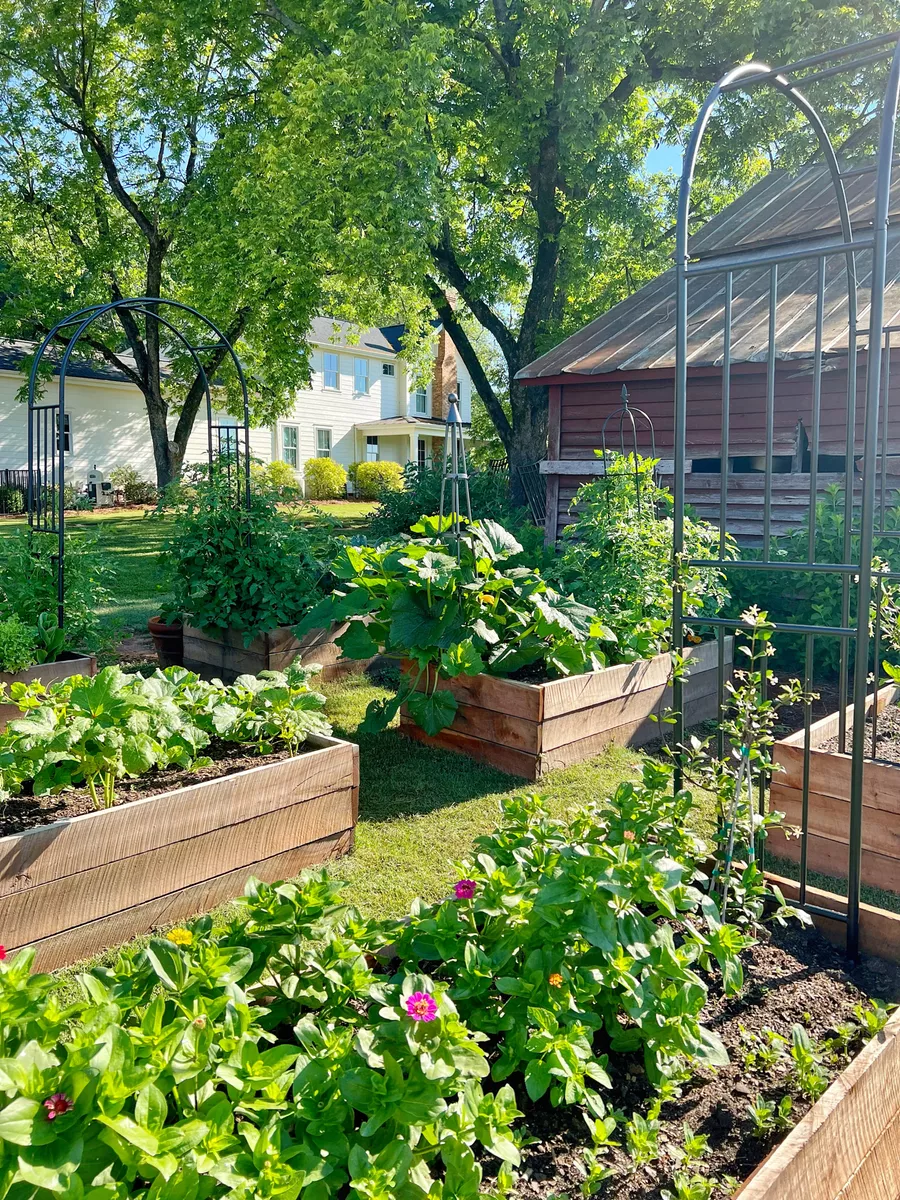Sustainable Gardening Practices for an Eco-Friendly Garden
Sustainable Gardening Practices for an Eco-Friendly Garden
Blog Article
Opening the Advantages of Horticulture: A Thorough Consider the Various Kinds and Their Influence On Health
Exploring the diverse benefits of gardening reveals a range of methods that considerably improve individual health. As we take a look at these diverse horticulture methods, it becomes noticeable that their effect can reverberate on personal, social, and environmental levels, triggering a more detailed look at exactly how these connections develop a natural narrative of all natural health.
Kinds Of Gardening

Blossom gardening, another preferred category, stresses the visual appeal of cultivated blossoms. This type can enhance landscapes and advertise biodiversity by drawing in valuable pollinators. In a similar way, natural herb gardening entails expanding aromatic and cooking plants, adding both to cooking and natural solutions.
Container gardening offers versatility, making it possible for people with restricted room to participate in horticulture by utilizing pots and planters. This technique is particularly popular in urban settings. Raised bed horticulture, on the other hand, includes creating raised plots that enhance dirt drain and ease of access, making it less complicated for gardeners to handle their plants.
Lastly, area gardening promotes cooperation among people in common spaces, promoting social communication and cumulative obligation. Each sort of gardening serves unique purposes and accommodates different choices, making gardening a versatile activity that can be tailored to private needs and atmospheres.
Mental Wellness Advantages
Engaging in various kinds of gardening not only yields substantial benefits such as fresh fruit and vegetables and attractive blossoms but likewise uses substantial mental health benefits. Research study indicates that horticulture can be an effective device for minimizing stress, anxiousness, and clinical depression. The act of tending to plants and growing a yard cultivates a sense of purpose and achievement, which can boost overall psychological well-being.
Moreover, horticulture urges mindfulness, as it needs people to focus on today minute, whether it be growing seeds or nurturing growth. This mindfulness practice can bring about reduced rumination and enhanced mood security. The direct exposure to natural surroundings during horticulture has actually likewise been linked to improved cognitive working and decreased sensations of fatigue.
Social communication plays an important role in psychological health and wellness, and community gardening initiatives give possibilities for people to get in touch with others, fostering a sense of belonging. The shared experience of horticulture can grow relationships and assistance networks, better bolstering emotional durability.
Physical Wellness Advantages
Many individuals may not understand that horticulture additionally provides considerable physical health advantages. Taking part in horticulture activities calls for her latest blog a variety of physical movements, including flexing, training, digging, and growing, which jointly add to enhanced stamina, flexibility, and endurance. These activities can boost cardiovascular health by advertising a raised heart rate, thereby decreasing the risk of cardiovascular disease.
Moreover, horticulture can act as a moderate-intensity exercise, assisting people achieve suggested physical task levels. Studies suggest that routine involvement in gardening can melt significant calories-- about 200-400 calories per hour, relying on the intensity of the tasks done. Such calorie expense is useful for weight administration and general metabolic health.
Furthermore, exposure to sunshine throughout gardening can promote the synthesis of vitamin D, which plays a vital duty in maintaining bone wellness and sustaining immune function. The act of gardening typically entails functioning with dirt, which has actually been linked to prospective mental and physical health benefits due to the visibility of valuable bacteria.
Social Connections Through Horticulture
The public aspects of gardening foster significant social links among people. Community gardens, in certain, serve as vivid centers where individuals from varied backgrounds come together, growing not only plants but likewise relationships. These common areas encourage cooperation, enabling people to exchange expertise, abilities, and resources, thus improving their horticulture experience and fostering a sense of belonging.
Engagement in gardening activities commonly causes the development of friendships and assistance networks. Individuals often unite for common goals, such as growing seasons, harvest events, or instructional workshops, which enhance social ties and web produce a sense of neighborhood. Such interactions can alleviate sensations of isolation and improve psychological health, as individuals discover companionship and friendship in common endeavors.

Ecological Influence of Gardening
Horticulture dramatically adds to ecological sustainability in numerous means. One of one of the most notable benefits is the enhancement of biodiversity. Home yards provide crucial environments for numerous types, including visit this page pollinators such as bees and butterflies, which are important for community health and wellness. By growing varied plant types, gardeners can produce a balanced setting that supports both plants and animals.
Moreover, yards play a vital function in water preservation. Well-planned landscapes, consisting of native plants and xeriscaping, lower water use and protect against overflow, thereby safeguarding local rivers from contamination.
Conclusion

In final thought, gardening acts as a diverse activity that improves health across numerous domain names. The diverse sorts of gardening-- including veggie, flower, herb, container, and elevated bed-- add to mental and physical health and wellness, foster social connections, and promote environmental sustainability. By participating in gardening techniques, individuals can experience better quality of life while likewise sustaining neighborhood bonds and ecological wellness. Ultimately, the all natural benefits of horticulture emphasize its relevance as a vital aspect in boosting general health.
Report this page